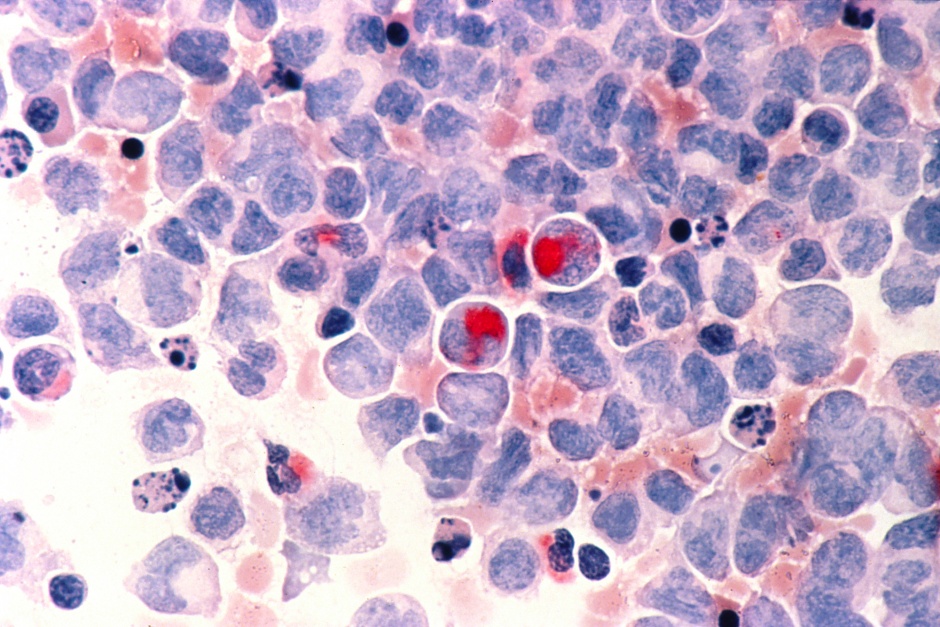Vyxeos trial shows survival boost in AML
Frontline treatment with CPX-351 (Vyxeos) significantly boosted overall survival (OS) for older patients with high-risk, secondary acute myeloid leukemia (AML) when compared with the current standard of care, cytarabine and daunorubicin, according to data from a phase III trial released by the drug's developer, Celator Pharmaceuticals, Inc.
The randomized, controlled phase III trial consisted of 309 patients across 39 sites throughout both the United States and Canada who were between the ages of 60 and 75. The study showed a median OS of 9.56 months with CPX-351 versus 5.95 months for cytarabine and daunorubicin (HR, 0.69; P = .005). Celator announced plans to submit a new drug application to the FDA later in 2016, as well as a marketing authorization application with the European Medicines Agency in early 2017. A presentation of the data is expected at the 2016 ASCO Annual Meeting.
“The overall survival advantage seen with CPX-351 compared to 7+3, along with a superior response rate and no increase in serious toxicity indicates that we'll likely have a new standard of care for treating older patients with secondary AML,” principal investigator for the study Jeffrey E. Lancet, M.D., senior member and chief of the Leukemia/Myelodysplasia Program at Moffitt Cancer Center, said a statement. “This represents a major step forward for a very difficult-to-treat patient population.”
“These findings confirm that VYXEOS provides the first opportunity we've had in decades to extend survival for patients with high-risk AML,” added Gail Roboz, M.D., Professor of Medicine and Director of the Leukemia Program at Weill Cornell Medicine, said in a statement. “Also, more patients in remission means more who are eligible for potentially curative therapy.”
This is an excerpt of an article from Targeted Oncology. Read the original here.
Additional coverage in The Street and Inside Trade.




